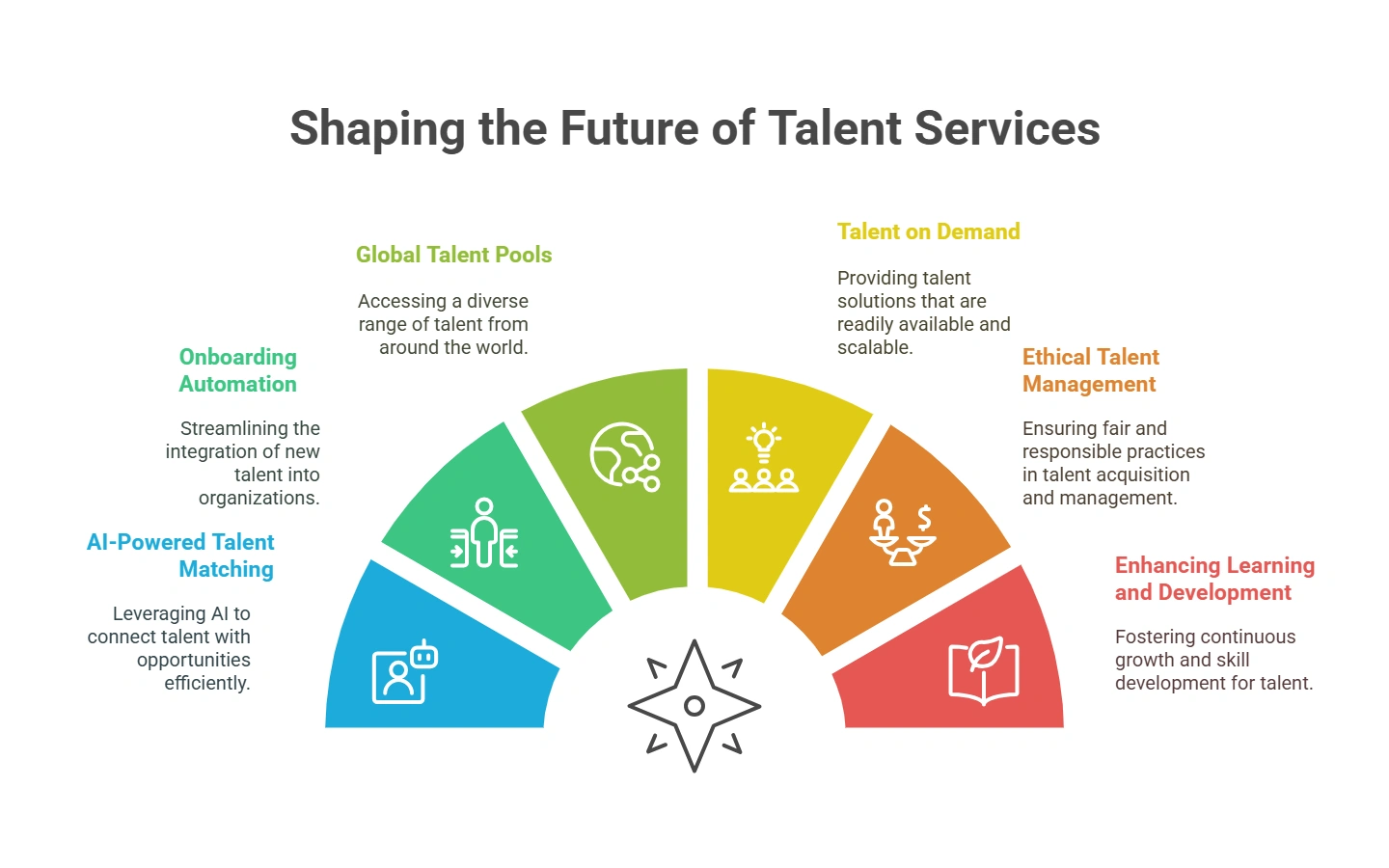The global business landscape is undergoing a fundamental restructuring in how it acquires and deploys human capital, moving away from rigid, long-term employment models towards more agile, on-demand solutions. This paradigm shift has given rise to the burgeoning Talent as a Service (TaaS) industry, a sophisticated evolution of the gig economy tailored for high-skilled professionals. A deep analysis of the leading Talent As A Service Market Companies reveals a diverse and highly competitive ecosystem, encompassing curated freelance marketplaces, specialized high-skill platforms, and a new generation of technology-driven staffing and consulting hybrids. These firms are building the infrastructure to connect enterprises with a global, fluid workforce of experts in areas like software development, data science, and strategic finance. The market's growth is a direct reflection of this new operational reality. The Talent As A Service Market size is projected to grow USD 122.76 Billion by 2035, exhibiting a CAGR of 14.22% during the forecast period 2025-2035. This expansion is fueled by the urgent corporate need for specialized skills to drive digital transformation projects, the desire for greater workforce flexibility to navigate economic uncertainty, and the growing preference of top professionals for project-based, autonomous work arrangements, creating a perfect storm for the TaaS model to thrive.
The market can be broadly segmented into several key categories of companies, each with a distinct business model and value proposition. At one end of the spectrum are the large-scale, horizontal freelance marketplaces like Upwork and Fiverr. These platforms act as massive digital hubs connecting millions of businesses with a vast and diverse pool of freelancers across thousands of skill categories, from graphic design and writing to web development and virtual assistance. Their primary competitive advantage is scale and breadth. They offer a solution for almost any conceivable task, often at highly competitive price points. Their strategy involves using technology to facilitate discovery, communication, and payment, while taking a commission on every transaction. To move upmarket, these platforms have introduced premium tiers like "Upwork Enterprise" and "Fiverr Business," which offer additional features like talent curation, compliance services, and dedicated account management to better serve the needs of larger corporate clients who require a more managed and vetted talent solution than the open marketplace provides. These platforms are effectively the "Amazon" of freelance talent, competing on selection, price, and ease of transaction for a wide range of skill levels.
At the opposite end of the spectrum are the exclusive, high-skill, vertical-focused platforms. Toptal is the quintessential example in this category, having pioneered a model based on extremely rigorous vetting. The company claims to accept only the top 3% of applicants in areas like software engineering, design, and finance, effectively creating a pre-vetted, elite talent pool. Their value proposition to clients is quality and reliability, eliminating the time and risk associated with sourcing and screening high-end technical talent. This allows them to command premium rates and cater to demanding clients, from fast-growing startups to Fortune 500 companies, who are willing to pay for access to a guaranteed level of expertise. Other companies in this space include Braintrust, which uses a decentralized, blockchain-based model to connect clients with Web3 and tech talent, and Catalant, which focuses on providing on-demand access to top-tier independent business consultants and industry experts. The strategy of these companies is not scale in the same way as Upwork, but curated exclusivity. They are the "boutique recruitment firms" of the digital age, competing on the proven quality and specialized nature of their talent network.
Top Trending Reports -
India Graphical User Interface Design Software Market



